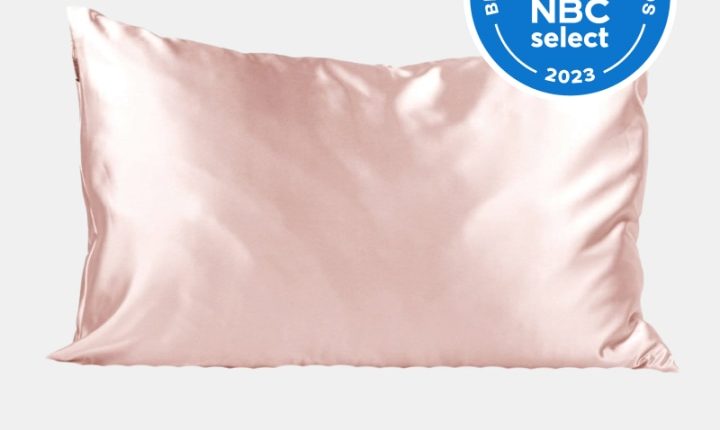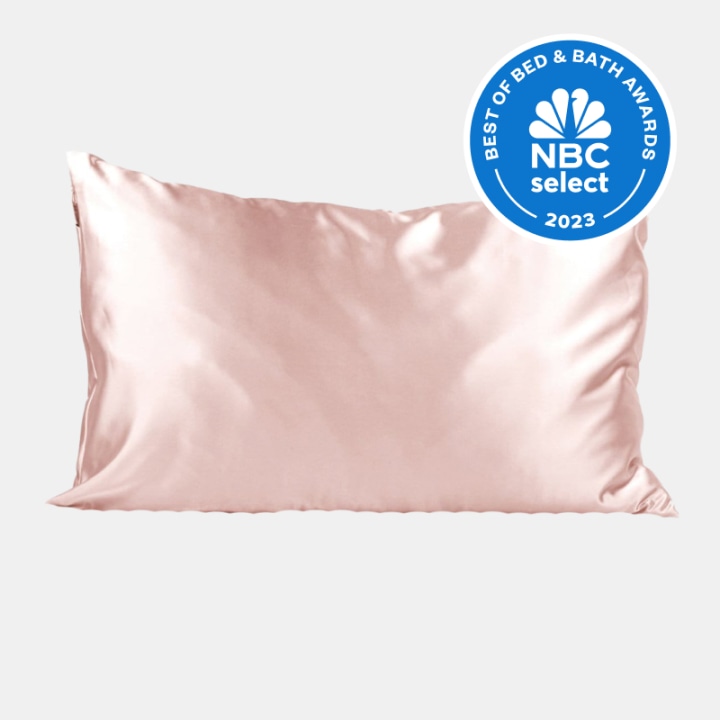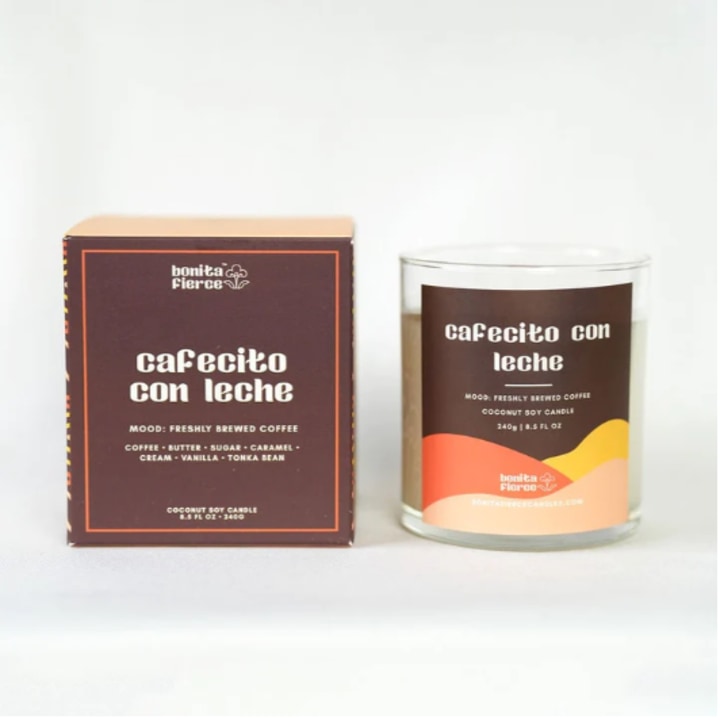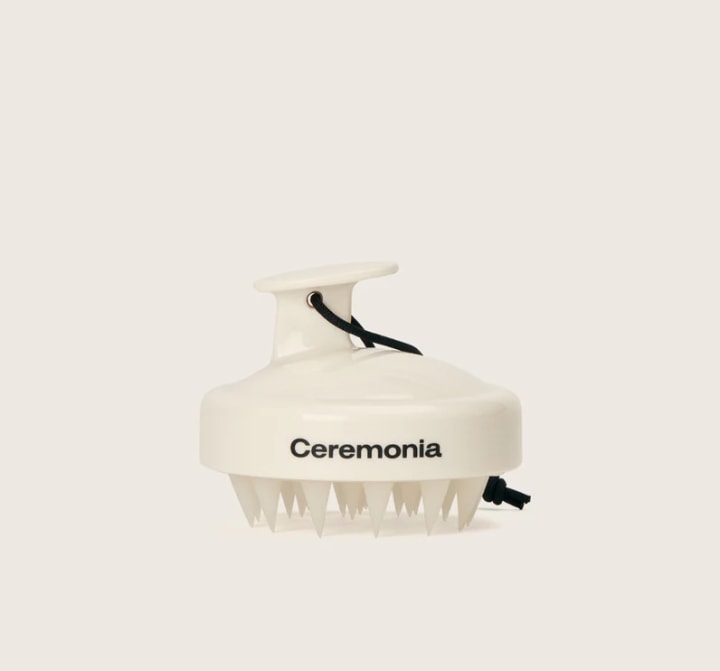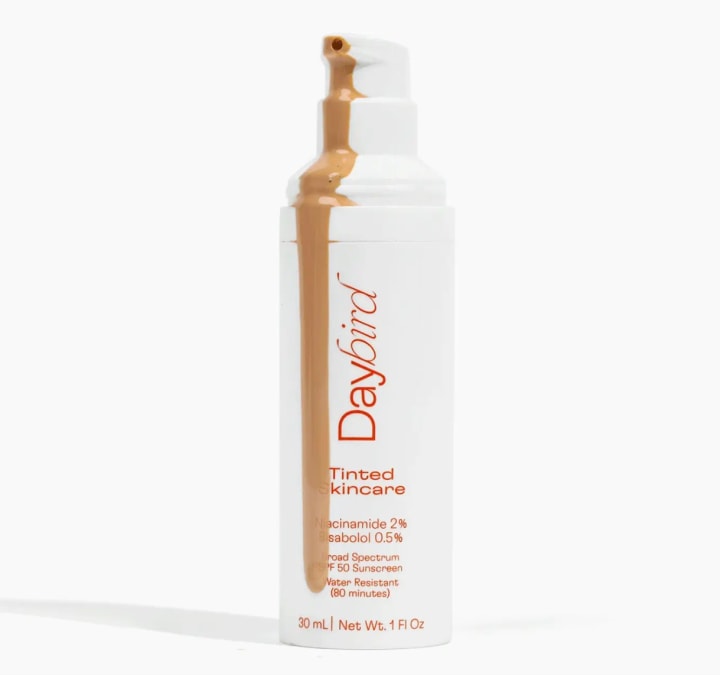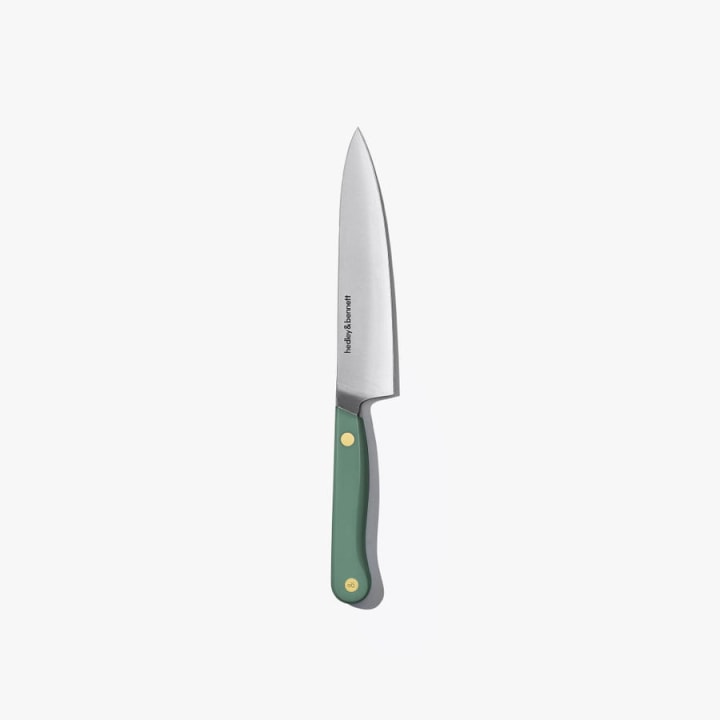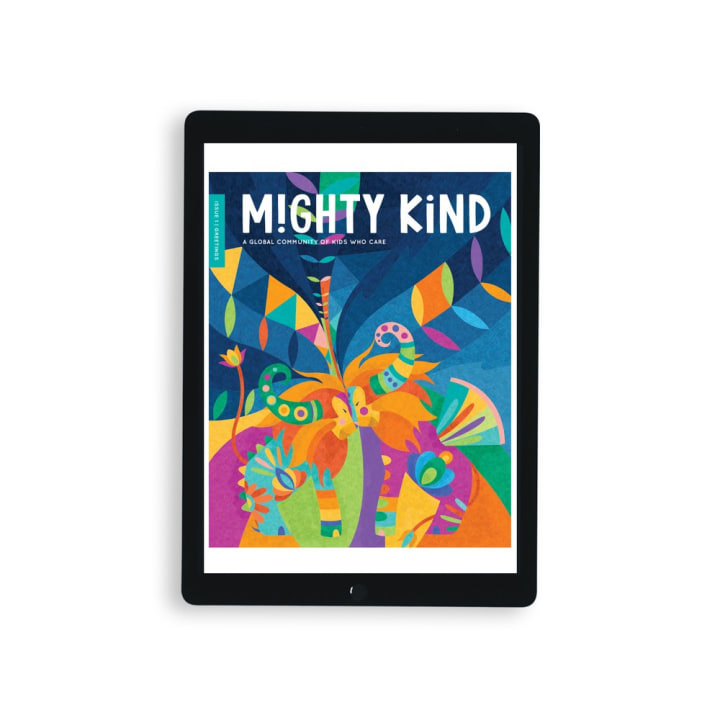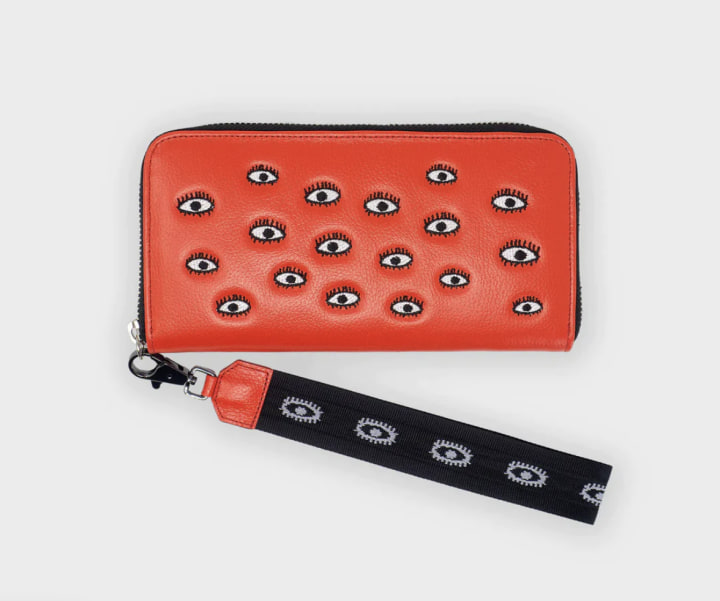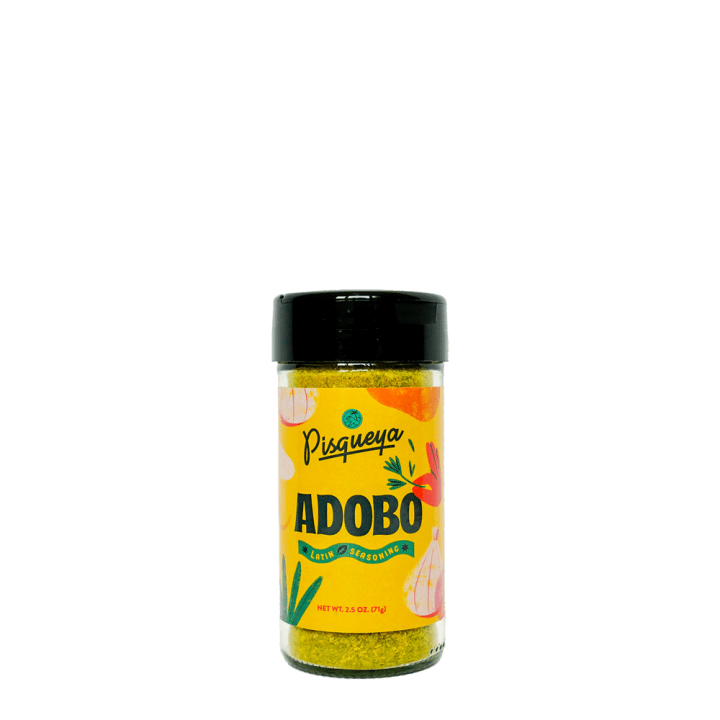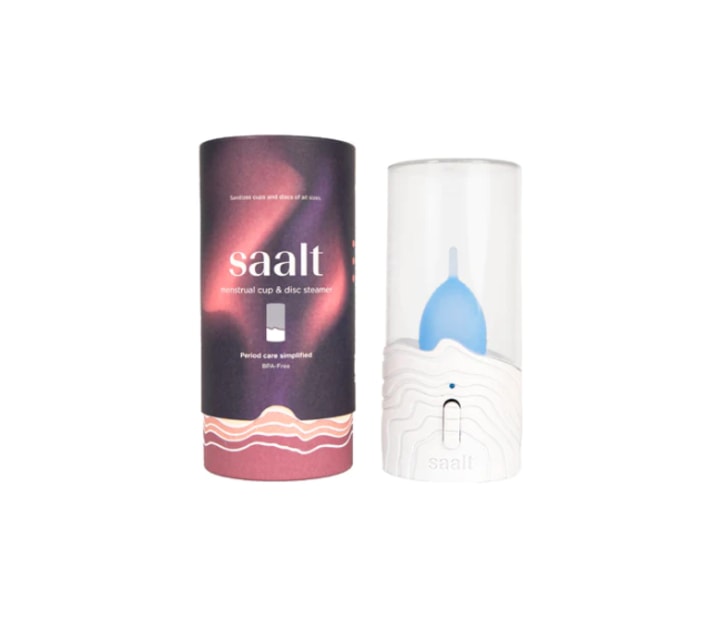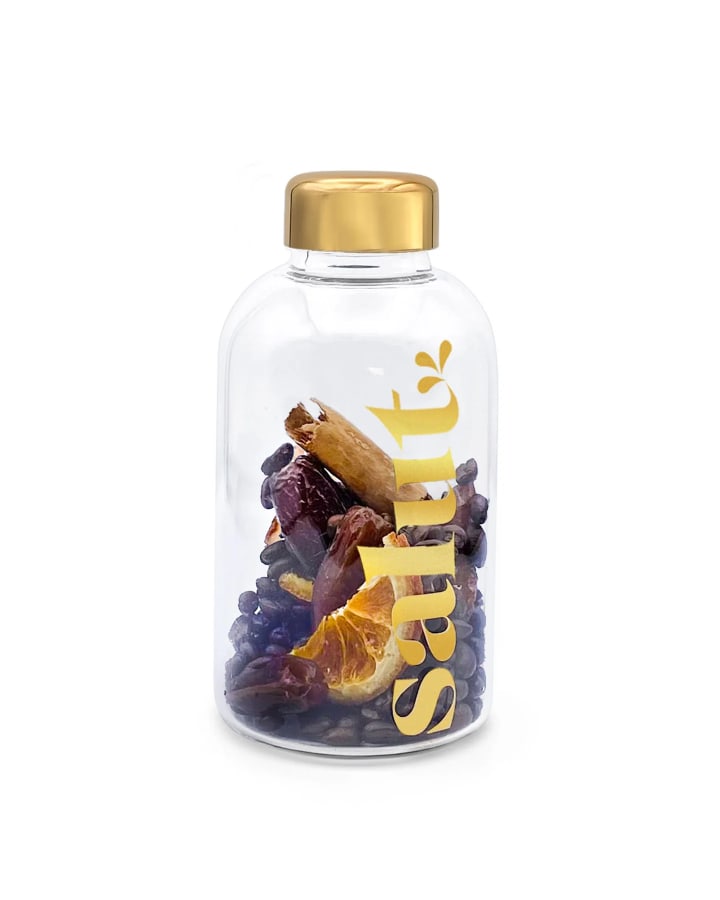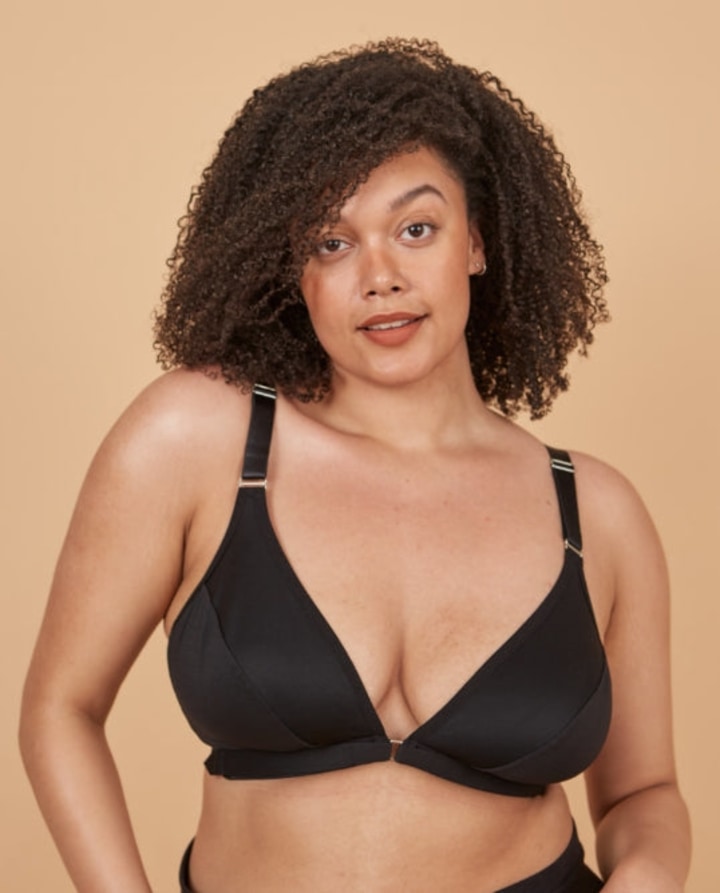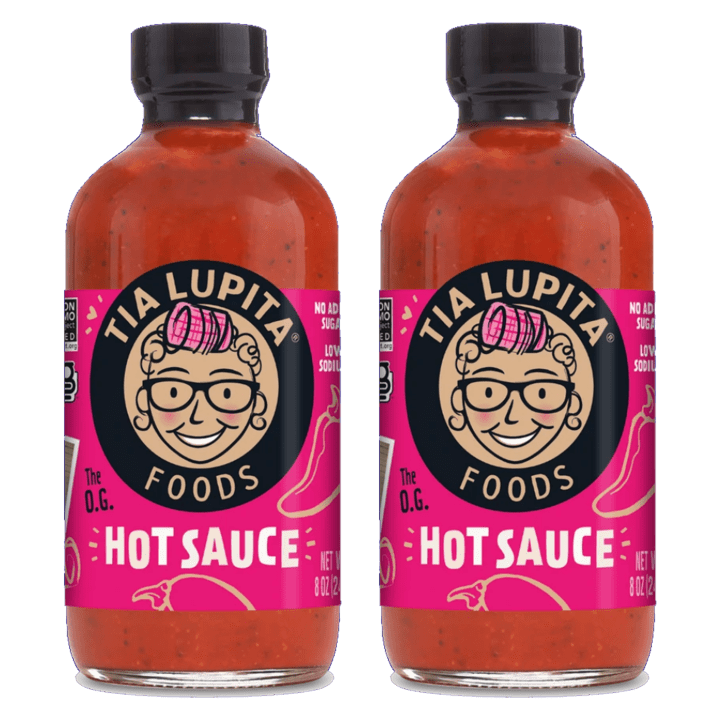September through November is the busiest time of year for Melissa Gallardo’s candle brand Bonita Fierce. Hispanic Heritage Month is from Sept. 15 to Oct. 15, and Dia de los Muertos — Day of the Dead — is traditionally celebrated on Nov. 1 and 2, so interest in Latino culture skyrockets during these months, as does the traffic to Gallardo’s site. With her candles encompassing nostalgic Latino scents like cafecito con leche, elote and lavender fabulosa, Gallardo’s mission is to celebrate Latino culture and put that representation on shelves.
Latino-owned businesses are the fastest-growing segment of small businesses in the U.S., with over 5 million businesses owned by Latino entrepreneurs in the country, according to the Stanford Latino Entrepreneurship Initiative (SLEI). And though Latino entrepreneurs have solidified their role as strong contributors to American economic activity, they face a string of unique challenges compared to white, non-Latino business owners.
“On one hand, the awareness around multiculturalism in all aspects of life — fashion, culture and food — is higher than ever,” says Maritza Abreu, founder and CEO of food brand Pisqueya. On the other hand, the enthusiasm for Latino culture hasn’t quite translated to more representation in other key markets, she says. That, paired with the lack of access to capital and difficulties staying true to core cultural values while maintaining a strong presence against larger competitors, makes being a Latino business owner “both gratifying and challenging,” Abreu says.
Receiving support from shoppers is what allows Latino-owned businesses to continue thriving, and despite Hispanic Heritage Month amplifying these entrepreneurs’ voices, it shouldn’t just be one month out of the year, Gallardo says. “The contributions of the Hispanic and Latino community need to be celebrated year-round. I’m a business that celebrates Latinidad year-round,” she says.
To help you discover these brands, Select connected with over 100 Latino-owned businesses, many of which, like Bonita Fierce and Pisqueya, are inspired by their heritage and cultivate a sense of cultural appreciation. The business owners we spoke to shared stories about their biggest successes and challenges and what it means to be a Latino entrepreneur today. We also rounded up over a dozen products they offer across categories like home and kitchen, skin care, apparel and more.
SKIP AHEAD 101+ Latino-owned brands to support in 2023 | The state of Latino-owned businesses | Challenges Latino-owned businesses face today | Hispanic, Latino and Latinx: What do they mean?
14 notable products from Latino-owned businesses
We spoke to the owners of Latino-owned businesses across the country to compile this list, which gives you a taste of the brands represented in sectors like skin care, home and kitchen, food and more. Note that to qualify as a Latino-owned business, we verified that each company featured below is 51% owned by persons of Latino origin, akin to the way the Census defines Black-owned businesses, AAPI-owned businesses and women-owned businesses.
Kitsch Satin Pillowcase
Cassandra Morales Thurswell built hair and wellness brand Kitsch around an item most people use daily and often don’t think twice about: a simple handmade elastic hair tie. “That little accessory’s success showed me that hair care was so much more than shampoo and conditioner and inspired me to keep going,” Thurswell says.
Though Thurswell grew up apart from her family in Colombia, she’s dedicated to immersing herself and her daughter in her Latina roots and celebrating their lineage, she says. In her efforts to amplify the contributions of the Latinx community in meaningful ways, Kitsch will be sponsoring four Latina founders at the #WeAllGrow Las Founders summit in October, which provides mentorship opportunities for Latina and femme Latine business owners.
This Kitsch satin pillowcase is a Select Best of Bed and Bath Awards winner and made of cooling satin, a gentle fabric that’s great for preventing hair breakage. “I’m always trying to find the cold side of my pillow, and I never had to move or flip my pillow over when this case was on,” says Select associate reporter Bianca Alvarez. The pillowcase is machine-washable and comes in standard/queen and king sizes. You can purchase it in a one-, two- or four-pack.
Bloomsybox Hispanic Heritage Bouquet
Juan Palacio grew up surrounded by flowers in Colombia, the second largest exporter of flowers in the world after the Netherlands. After moving to the U.S. over 22 years ago, Palacio knew he wanted to share his love of flowers with others. So in 2015, he founded the flower subscription brand Bloomsybox to not only help people discover different types of blooms year-round, but also to uplift his Latino roots by sourcing flowers that are mostly grown in Latin America.
“I have noticed that customers are now placing a greater emphasis on brands that don’t shy away from their heritage,” says Palacio. “It’s not about impressing anyone, but rather embracing and celebrating one’s roots. I believe it’s crucial to embrace our heritage and share it with others.”
This month, Bloomsybox launched the Hispanic Heritage Bouquet, which is made up of 28 stems grown and harvested by farms in Argentina, Colombia, Ecuador, Nicaragua and Venezuela. The bouquet includes hot pink roses, fuchsia stock, dark purple dianthus, purple disbud, orange rose, orange spray rose and green cocculus. The brand also offers the bouquet bundled with a bag of Colombian Cunaluna coffee.
Bonita Fierce Cafecito Con Leche Candle
After Melissa Gallardo, founder and CEO of Bonita Fierce, realized the scents she grew up with weren’t represented in the home fragrance industry, she was motivated to create her own Latino-inspired candle brand in 2020.
“Navigating language, culture and heritage has always been challenging but most of all, the feeling of what home means,” says Gallardo. “I set out to create a collection of Latina-inspired candles to share la cultura with the rest of the world.” She not only takes inspiration from her own experiences but also leans on community requests for scents that really encompass what it means to be Latino.
However, starting a candle brand during the pandemic came with a unique set of challenges: On top of a glass shortage and increasing costs of wax and fragrance oil, it was tough to sell new scent-based products online without the in-person shopping experience. “I really had to hone in on my story and create a story behind every fragrance,” she says. Now, Bonita Fierce is the first Latina-owned candle brand sold at Nordstrom, and this month, the brand launched nationwide at Barnes & Noble.
Bonita Fierce’s coffee-scented Cafecito Con Leche candle is designed to be energizing and wake you up. It has notes of butter, sugar, caramel and vanilla, and has a burn time of up to 50 to 60 hours, the brand says. Candles come with a paper dust cover made from seeds — you can plant it in the soil to grow wildflowers.
Ceremonia The Scalp Power-Duo
Inspired by the beauty rituals she grew up with, Babba Rivera founded Ceremonia to create more representation for Latinx individuals in the world of hair care. (We reached out to experts to learn more about the conversation around inclusive terms like Latinx.)
“Despite us accounting for almost 20% of the population and being the highest spenders in many categories, hair being one of them, I kept asking myself, ‘Where are the brands that authentically speak to the new generation of Latinx folks, and more importantly, where are the category-leading brands founded by Latinx entrepreneurs?’” Rivera says.
The Latinx community’s influence is apparent in all aspects of Ceremonia’s business model. This includes Ceremonia’s natural ingredients sourced from Latin American countries, the photographers and models the brand works with and even the materials it uses in its accessories, Rivera says. And the brand is thriving as a result: Earlier this year, Ceremonia opened its first brick-and-mortar store in New York City, and expanded into over 500 Sephora stores nationwide, becoming the first Latina-founded hair brand sold at the retailer. In May, the brand also expanded its offerings to the fragrance space with Perfume de la Tierra.
Ceremonia’s The Scalp Power-Duo comes with the brand’s Aceite de Moska oil and Scalp Masajeador. When used together, the products are designed to enhance shine, nourish and exfoliate the scalp, according to the brand.
Daybird Tinted Skincare
Whitney McElwain, founder and CEO of Daybird skin care, felt frustrated by many beauty brands selling the idea that in order to look and feel your best, you need to cover up your skin with layers and layers of products. She started Daybird as a way to dismantle that standard. The brand’s Tinted Skincare is what it calls a 4-in-1 multi-tasker — it’s a serum, moisturizer and tinted sunscreen all in one, helping you cut down how many steps there are in your skin care routine. The product comes in four shades and does not leave a white cast, which was imperative to McElwain when designing it. “We look to create products with women of color in mind and create space for these same women on the shelf and in the media,” she says.
While she’s proud to be a Latina entrepreneur, McElwain says it’s not easy to get small businesses off the ground. “Latinas less than half a percent of venture funding and this is deeply apparent in every investor conversation we have,” she says. This makes Hispanic Heritage Month even more meaningful to her. “For this one time a year, I truly feel seen.”
Eberjey Gisele Relaxed Short PJ Set
Ali Mejia and Mariela Rovito cofounded Eberjey in 1996, a time during which the intimates market was very one-dimensional with designs made predominantly for the male gaze, according to Rovito. “There was a void for lingerie and sleepwear that are both sensual and comfortable,” she says. In addition to underwear and lingerie, the brand offers women’s and men’s pajamas, swimwear, loungewear and more.
Eberjey’s Gisele Relaxed PJ Set comes with shorts and a shirt made from the brand’s sustainable TENCEL modal fabric, which is temperature-regulating and machine-washable. Select manager of editorial operations Shari Uyehara says this pajama set is her favorite sleep product. “I love how soft, lightweight and stretchy the fabric is because it’s comfortable and great for hot sleepers,” she says. The set is available in sizes ranging from extra small to large and comes in colors like heather grey, navy, rose cloud and ivory.
Hedley & Bennett Utility Knife
For the past 11 years, Hedley & Bennett has been known for its aprons. But Ellen Bennett, the brand’s founder, is setting her sights on more than just kitchen apparel as she and her team continue to grow the brand. “We want to bring the same level of quality to cutting boards, knives and other tools that we bring to aprons,” she says. “If you’re outfitting your kitchen, we want to be the brand you turn to now and in 50 years. How do we do that? We do it with great products.” Hedley & Bennett collaborates with a community of chefs to test the brand’s products during the research and design phase, and tweaks items based on the feedback it receives. “Nothing is ever done in a silo,” Bennett says.
Adapting and expanding the brand is something Hedley & Bennett is no stranger to. During the Covid-19 pandemic, for example, the brand made what Bennett called a “monumental pivot” by converting its factory into a mask-making machine to help provide shoppers with face coverings. Bennett, a native Angeleno raised by a single Mexican-born mother, credits her Latino roots for her resilience as a business owner. “It makes me really proud that I get to represent the Mexican hustle and can-do attitude here in the US,” Bennett says.
Mighty Kind Issue 1: Greetings
Nadine Fonseca founded Mighty Kind as a way for people with children to talk about diversity and spark conversations about bias and inclusion after she and her family moved to a “homogenous area.” And though Mighty Kind is no longer producing new issues of its magazine, you can still purchase individual digital editions (the company’s Greetings issue, for example, explores the different ways people say “hello” across the world).
Part of Mighty Kind’s restructuring is fueled by recent book bans and criticisms of what’s taught in school libraries and classrooms across the country. “With the political climate the way that it is, it’s really hard to be in a space that talks about racism and bias, [especially] in a space that’s geared towards young students,” Fonseca says. “It can be an uphill battle. I just want to hand someone a magazine and say, ‘Tell me where you don’t agree with kindness and empathy in these pages.’”
Though Mighty Kind’s mission remains the same, the site has shifted to a more community-based digital model. It aims to create a safe space to cultivate important conversations and ask questions, according to Fonseca. “The content is gonna live for free online. That way, it’s more accessible and doesn’t have that financial barrier for people who really want to engage in this work,” she says.
Min & Mon Francis Wallet
When Andrés Felipe Quintero and his wife Carolina Llano, Min & Mon’s co-founders, moved to the U.S. from Colombia, Llano wasn’t allowed to work due to her visa.
“She used her energy to develop a fresh concept for handbags,” Quintero says. “From that idea stemmed a dear desire to preserve the multigenerational leather tradition in Colombia that was disappearing for cheaper wages due to fast fashion.”
Min & Mon’s Francis Wallet features a zip-around closure, two slip pockets and eight interior card slots. It’s large enough to fit your Covid vaccination card and also has an interior zipper pocket as well as a detachable handle.
Pisqueya Adobo
Maritza Abreu’s parents immigrated from the Dominican Republic and opened the doors to their Brooklyn restaurant, Puerto Viejo, in 1986. After a fire at the establishment, Abreu wanted to help her parents grow their business as they rebuilt it. She began bottling up family recipes and selling them as ready-to-eat sauces and seasonings, like Adobo, a blend of garlic, onion, salt, oregano, turmeric and black pepper. Pisqueya became a way for Abreu to share flavors that remind her of home with those beyond patrons of her family’s restaurant.
Pisqueya also represents an opportunity for Abreu to help fill the gap in Latin Caribbean representation within the global food market. She hopes to share her home’s rich culture with customers every time they buy Pisqueya’s products and inspire them to create memories together in the kitchen, just like her family does.
Saalt Steamer
Cherie Hoeger created the period care brand Saalt with a mission to provide reusable period care products to those experiencing period poverty, fueled by her family in Venezuela not having easy access to period products while the country grappled with political instability. Five years later, Saalt’s products have reached 65,000 women and girls in need in 50 countries as part of its 2% give-back mission, which commits 2% of Saalt’s revenue to donating period care to regions with the most need.
The brand offers a variety of reusable period products, ranging from menstrual cups to leak-proof underwear, the latter of which we previously covered in our guide to period underwear. Earlier this year, the brand launched the Saalt Steamer, which cleans and sanitizes your menstrual cup or disc and is just as effective as boiling to eliminate microorganisms and disinfect, according to the brand. You pour water into the device, add a menstrual cup or disc and turn it on with the touch of a button.
Salut Espresso Martini
Gathering with loved ones to share food and drinks is a special part of Hannah Matthew Martinez and Hannah Brock Silva’s respective Puerto Rican and Colombian cultures. But as they got older, they began thinking about all the sugar, additives and preservatives inside the cocktails they’d enjoy at these events. “We weren’t even able to pronounce the ingredients in what we were drinking,” Martinez says. They wanted to find easy-to-make, healthy alternatives to typical cocktails, and infusions were exactly what they were looking for.
Infusions are bottles filled with spices, dried fruits and botanicals that you fill with liquid. As it sits, the liquid extracts flavors from the ingredients until you strain it into a glass to sip just like a cocktail. Martinez and Silva spent months perfecting the taste profile of Salut’s infusions before launching them in 2019. This year, the brand expanded its offerings by launching Sipperettes, shots of flavored vinegars designed to drink before eating sweets to help avoid blood sugar spikes, Martinez says. All of Salut’s products are packaged by individuals with disabilities, helping provide them with jobs.
Springrose Plunge Front Closure Bra
Shopping for an adaptive bra that her grandmother, who had chronic pain and arthritis, could easily put on by herself made Nicole Cuervo, CEO and founder of Springrose, realize how few functional, stylish and size-inclusive options there were on the market. She began talking to women with a range of injuries, illnesses and disabilities, all of whom said they experienced the same issue her grandmother did. This inspired Cuervo to start Springrose, named after Grandma Rosa, and create the brand’s Plunge Front Closure Bra.
Cuervo collaborated with rehabilitation centers to develop and test iterations of the bra before landing on its final design. The wireless bra has a Velcro hook-and-loop front closure, cushioned back closure and front-adjusting wide straps. It’s available in band sizes 32 to 46 and cup sizes B to F.
“It means a lot to me that I get to work on a business that helps reduce pain and restore dignity and independence, while also creating jobs and opportunity for my community,” Cuervo says, noting that 33% of those who work with Springrose are Latinx.
Tia Lupita Foods Hot Sauce
One of the things Hector Saldivar missed most when he moved from Mexico to the United States in 2005 was his mother’s hot sauce. She began shipping him care packages filled with bottles of sauce, which Saldivar shared with friends and coworkers to teach them about his heritage. But Mexican hot sauce is not the same as what you find at American grocery stores, Saldivar says. It’s mainly made with peppers, while the primary ingredient in U.S. hot sauce is water or vinegar. “People kept asking me for more and more hot sauce, and I knew I had to find a way to bottle and sell this,” Saldivar says.
Beyond the taste differentiating Tia Lupita’s hot sauce from its competitors, Saldivar says he made sure the product’s label — which features an image of his mother — helped it stand out, too. “Most hot sauces in the U.S. are very polarizing, very macho driven, and many communicate pain with skulls and bones and flames,” he says. “We use a label that communicates approachability and says our hot sauce is for anyone who is looking for some flavorful heat.”
Saldivar says there’s currently so much excitement about ethnic food in the United States, specifically Mexican food, which has helped the brand “stick around” and continue growing. Beyond hot sauce, Tia Lupita now offers a line of tortillas, chips and salsa macha, a Mexican chili crunch.
101+ Latino-owned brands to support in 2023
In addition to our favorite products from Latino-owned brands, we rounded up other businesses that you may want to check out across categories like skin care, home, food and wellness. We asked each business to confirm it is at least 51% Latino-owned. While not exhaustive, we aim to actively update this list to help keep you informed about Latino-owned businesses.
The state of Latino-owned businesses in 2023
Latino-owned businesses experienced an extended boom in the 10 years prior to 2020: The number of Latino-owned small businesses in the U.S. increased by 34%, compared to just 1% for all other small businesses, according to the SLEI. But they were among the hardest hit by the Covid pandemic: 86% of Latino entrepreneurs reported that their business had been affected, with 30% closing permanently or temporarily, according to Ramiro Cavazos, president of the U.S. Hispanic Chamber of Commerce. Latina-led businesses had it even worse: Twice as many experienced pandemic-related closures compared to their male counterparts, the SLEI reports — a gap that holds true among businesses owned by women of any cultural background.
In spite of these challenges, rebuilding after the pandemic is going well for Latino-owned businesses: They are recovering from pandemic-related hurdles, like closures and revenue dips, at a faster rate than non-Latino, white-owned businesses, according to the SLEI. That’s in addition to Latino-owned businesses’ impact on the U.S. economy as a whole: They generate more than $800 billion in annual revenue and outpace American businesses at large in terms of revenue and payroll growth, the SLEI reports.
The rapid growth and recovery of Latino-owned businesses is primarily due to their adaptability: Latino entrepreneurs were more willing to change the structure of their business with the purpose of weathering the effects of the pandemic, says Barbara Gomez-Aguinaga, associate director of the SLEI. This is the case before and after the pandemic, too: SLEI research shows they’re quicker and more likely to adopt new online platforms and marketing strategies, as well as target different customers and markets to scale their business, she says.
Latino entrepreneurs are also twice as likely to report that their primary goal is to create a business that can be inherited by their family compared to their non-Latino counterparts, according to Gomez-Aguinaga. “This speaks to working hard to create a future for your family, to family values and the pursuit of generational wealth,” she says.
Cultural and family values are a mainstay for many Latino business owners we spoke to. “My ‘why’ — my core influence — is my family, my culture and heritage,” says Abreu.
Despite playing a major role in strengthening the U.S. economy, Latino-owned businesses still grapple with many of the same challenges they’ve faced for years, including the lack of access to capital, lower loan approval rates and unequal access to government and corporate contracts compared to white, non-Latino businesses, according to Gomez-Aguinaga.
“As a Latino founder in the U.S., I face unique challenges, from basic language barriers to limited access to capital,” says Bloomsybox’s Palacio. And with an unfunded startup, Palacio relied heavily on his own individual efforts like sending countless emails, packaging boxes and buying flowers himself. “I vividly remember not having enough funds to hire a professional photographer, so we had to make do with our phones to take pictures of the bouquets,” he says.
SLEI research found that Latino-owned businesses consistently have equally as strong or even better business metrics, including gross revenue, outstanding debt and credit scores, compared to their white counterparts. “But regardless of those strong indicators, Latino-owned businesses continue to have substantially lower approval rates than their white counterparts when they’re applying to national bank loans,” says Gomez-Aguinaga. In fact, annual research consistently shows that Latino entrepreneurs disproportionately tap into their family or personal savings to support their businesses, according to the SLEI.
“We have a different starting line and therefore have to be scrappy and work harder to play on the same field,” says Daybird’s McElwain.
One of the best ways to overcome certain challenges, especially to help raise capital, is by having a strong network within entrepreneurial ecosystems, according to Gomez-Aguinaga. Accelerator programs — some of which, like Dreamit and the Latino Nonprofit Accelerator, focus specifically on Latino-owned small businesses — can help Latino entrepreneurs find resources for funding, mentorship, training and more. The Chamber of Commerce also lists several institutions and firms that provide funding opportunities for Latino entrepreneurs.
These opportunities provide a major boost for business owners like Bonita Fierce’s Gallardo: In 2022, she formed part of the inaugural cohort for the Ulta Beauty MUSE Accelerator program, which provides financial support for BIPOC-owned beauty brands. This year, Gallardo won grants through the Fearless Fund and the Tory Burch Foundation, which focus on funding businesses by women of color.
Hispanic, Latino and Latinx: What do they mean?
The Census Bureau defines a Hispanic-owned business as being at least 51% owned by a person of Hispanic origin, encompassing “Mexican, Mexican-American, Chicano, Puerto Rican, Cuban and other Hispanic, Latino or Spanish origin,” a representative told us in an email. That’s akin to its definitions of businesses with a majority Black, women and Asian American and Pacific Islander owners.
But it’s worth noting that some Latinos reject “Hispanic” as a pan-ethnic blanket term, arguing that it was largely imposed by the government during the Nixon era and that its original use as a term for Spanish speakers ignores the indigenous communities and diverse languages spoken across Latin America. It also excludes Latinos who aren’t fluent or aren’t interested in becoming proficient in the Spanish language, as well as Latin American countries that don’t have Spanish as their national language.
Most Latinos instead identify themselves by their or their families’ country of origin, says Mark Hugo Lopez, the director of race and ethnicity research at the Pew Research Center. “They’ll say that they’re Cuban or Mexican or Mexican American,” he says. “The pan-ethnic terms get used some, but not as much as the country-of-origin terms do.”
The main reason you see a “Hispanic” category on the census is that it’s convenient to simplify ethnic terms under an umbrella term for bureaucratic purposes, says Carolina Sternberg, associate professor and chair of the Department of Latin American and Latino Studies at DePaul University.
The rise in popularity of terms like “Latinx” and “Latiné,” which many Latino and non-Latino businesses have embraced as more gender-inclusive terms, adds even more nuance to the discussion.
For some, Latinx is a more accurate term for their identity expression. “We prefer its gender-neutral nature and its inclusivity of all the cultures of Latin America, not just the ones that speak Spanish,” says Ceremonia’s Rivera, who identifies as Latinx.
Latinos are generally split on using newer, gender-neutral terms. A 2020 Pew study found only one in four Latinos have heard of the term Latinx, and only 3% actually self-identify as Latinx (the study finds the term most popular among young people under 30 years old). But the terms still don’t capture the complexities of identity, and many Latinos have gotten too used to census definitions, says Cristobal Salinas Jr., an associate professor at Florida Atlantic University.
“Many solely identify as Latino or Latina and feel that Latinx simply isn’t made for them,” says Salinas. His solution: “It’s better to ask than to make assumptions.”
Why trust Select?
Mili Godio and Zoe Malin spoke to over a dozen leaders of the Latino business community to better understand their challenges and successes, as well as what they hope for for the future. Godio and Malin also connected with over 100 Latino-owned businesses to compile this story. Godio and Malin have previously worked on several entrepreneur-focused pieces, including Black-owned, women-owned and LGBTQ-owned.
Catch up on Select’s in-depth coverage of personal finance, tech and tools, wellness and more, and follow us on Facebook, Instagram, Twitter and TikTok to stay up to date.
Source: | This article originally belongs to Nbcnews.com
